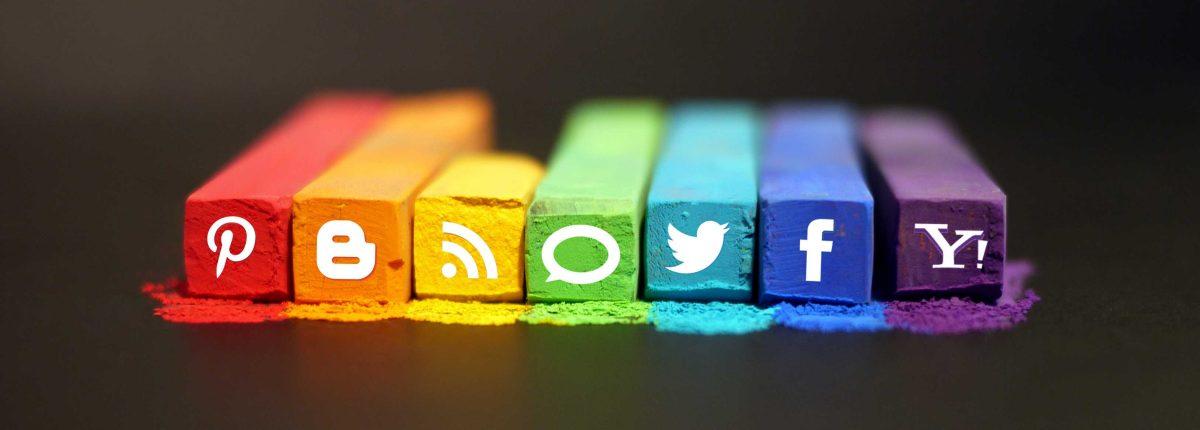Social media has become such a regular part of daily life that its users don’t appreciate the power and responsibility associated with having an easily accessible platform. This is how we got to this era of “fake news.”
There’s been an outcry from political figures and news outlets, causing internet giants Google and Facebook to make plans to remove fake news from their websites. However, most of the discussion around fake news has misplaced blame for the epidemic of false propaganda, and it doesn’t lay with the creators of fake news. Social media users made phony news reports popular by sharing, retweeting and liking them without bothering to verify the information they contain, and it has to stop.
The internet gives everyone a chance to get involved in political activism from the comfort of his or her home. Some may dismiss it as armchair activism, but it is effective. A recent Pew Research report showed 20 percent of social media users say content they’ve seen on social media has caused them to modify their views on a political or social issue. Twenty percent may not seem like much, but as the last election taught us, every vote counts. It is in our best interest to not let people’s support or opposition for important policies be based on falsehoods.
Articles from clickbait websites or the passionate political rants of Facebook friends may be more entertaining than the often dry monotony of real news articles, but the style is useless if it lacks substance. There are a wide variety of well-written political pieces in the opinion section of every major news outlet. Unlike posts from random people or social media political groups, these opinion pieces are subjected to thorough fact checking by professionals, preventing you from having to research every piece of information before sharing.
Of course, sometimes you may come across a status so profound you feel the need to share it with everyone. If you decide to share it, you should verify every single fact mentioned in the status or tweet before sharing it with others.
It may seem like overkill, but not doing it has the potential to put you in some very embarrassing situations. I’ve seen posts gain a lot of traction or start heated arguments only to be proved false. It looks lazy, even rude, to eagerly share unverified information with others. It damages your credibility and undermines any future opinions that you express.
Why should I consider someone’s opinion on important issues if I’m not even sure their stance is factually based?
Political activism is only helpful if its participants take it seriously. Verifying your sources and taking the time to search for credible news can be very time consuming. There’s no shame in avoiding that responsibility and choosing to keep your social media about your nonpolitical, personal life instead. The last thing we all need is more alternative facts.
Osie Evans is a 20-year-old English junior from Natchitoches, Louisiana.
Opinion: Social media users should be cautious of spreading “fake news”
By Osie Evans
February 18, 2017
We should all use social media responsibly and verify posts before sharing them.





